
Understand and Improve Memory Using Science-Based Tools
Huberman Lab Podcast
Recommendation
Imagine that you’re a child who’s witnessed an important historical event during medieval times – the King’s wedding, or maybe a great battle. Your parents want you to remember the event, so, sensible people that they are, they throw you in the river immediately afterward. You’re left gasping, choking and soaked to the bone. What would you gain from this experience besides a lasting distrust of your parents? Apparently, you’d gain an enduring memory of the historical event. Why? That’s a question best answered by Stanford professor Andrew Huberman on this episode of the Huberman Lab podcast.
Summary
About the Podcast
The Huberman Lab podcast is hosted by Andrew Huberman, a neuroscientist and professor in the department of neurobiology, psychiatry and behavioral sciences at the Stanford School of Medicine.


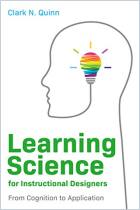
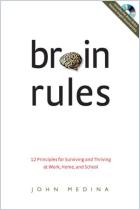
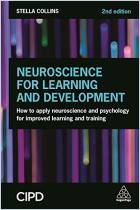
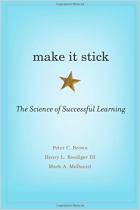
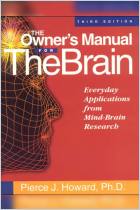
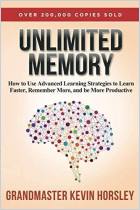
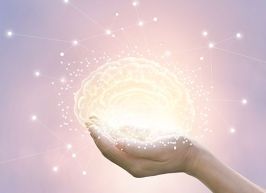
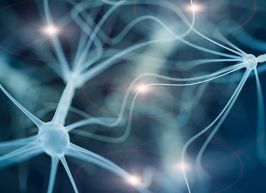

Comment on this summary